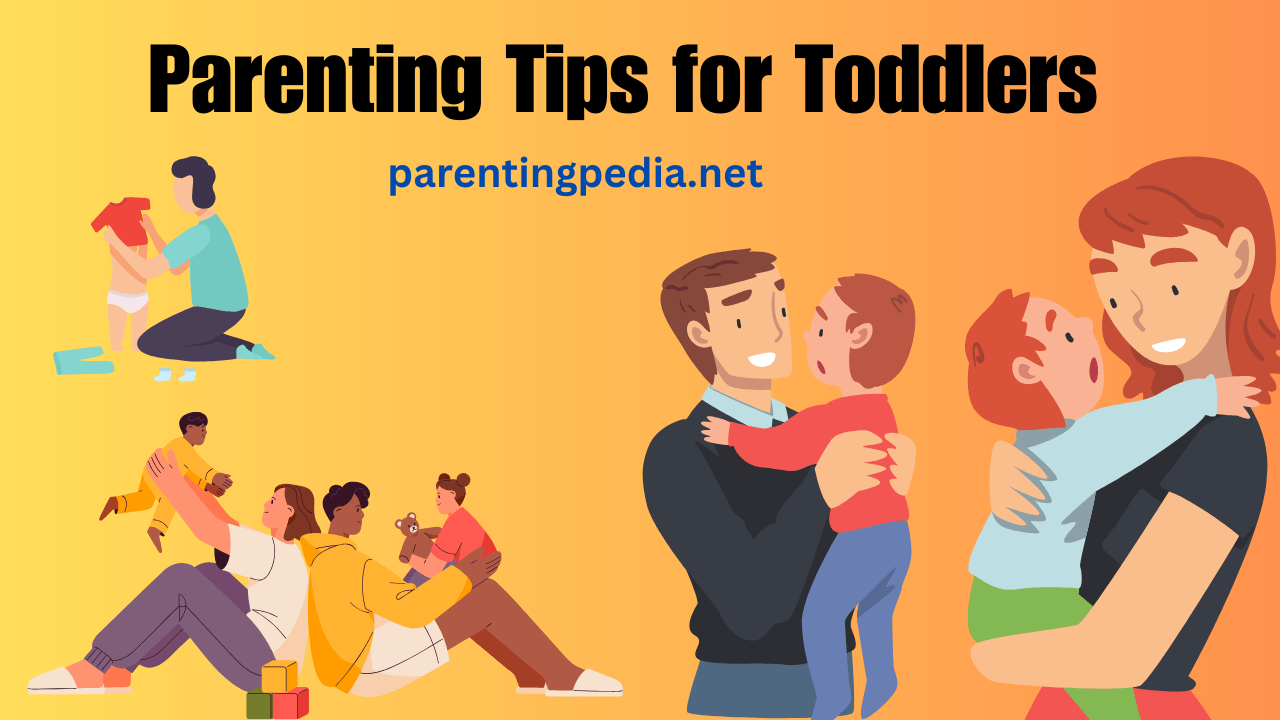Parenthood is a challenging yet rewarding journey, and navigating the toddler years can feel like conquering uncharted territory.
Toddlers, with their boundless energy, growing independence, and occasional tantrums, require a unique set of parenting skills.
In this blog post, we’ll explore practical and Spartan parenting tips for toddlers, addressing common challenges and providing strategies to help you steer through the toddler parenting maze.
Toddler Development:
Toddlers are at a critical stage of developmental milestones, marked by their curiosity and ability to recognize common objects. It’s essential to recognize that each child progresses at their own pace. As a parent, observing and acknowledging your toddler’s achievements, no matter how small, helps build their confidence and independence.
Establish a Routine:
Toddlers thrive on routine. Creating a consistent daily schedule provides a sense of security and predictability for young children. From meal times to playtime and nap schedules, routines help toddlers understand the flow of their day, reducing frustration and promoting a sense of order.
Talk to Other Parents:
Parenting can sometimes feel like a solitary journey, but you’re not alone. Connect with other parents to share experiences, tips, and support. Discussing common challenges and victories can offer valuable insights and reassurance. Online forums, parenting groups, or local meet-ups are excellent platforms for building a supportive network.
FAQ: How can talking to other parents benefit my toddler’s development?
Engaging with other parents exposes your child to social interactions, broadening their understanding of the world. Additionally, shared experiences often lead to helpful tips and strategies.
Encourage Independence:
While it’s natural to want to protect and care for your toddler, fostering independence is crucial. Allow your child to make choices within safe parameters, such as selecting snacks or picking out clothes. This not only nurtures their autonomy but also reduces power struggles.
Healthy Nutrition Habits:
Nutrition plays a vital role in your toddler’s overall development. Establishing healthy eating habits early sets the foundation for a lifetime of well-being. Offer a variety of nutrient-rich foods, and model healthy eating behaviors by sharing family meals. Be patient; it may take several attempts for your toddler to embrace new foods.
Effective Discipline:
Discipline is about guiding, not punishing. Toddlers are still learning about acceptable behaviors, and it’s essential to reinforce positive actions. Praise good behavior, using simple and affirmative language like “yes” or “good job.” When addressing undesirable behavior, opt for brief time-outs or redirection rather than harsh punishment.
FAQ: How can I effectively discipline my toddler without resorting to punishment?
Focus on praising positive behaviors and use redirection techniques. Toddlers respond well to positive reinforcement and often imitate behaviors they see in adults.
Toilet Training Tips:
Toilet training is a significant milestone for toddlers and parents alike. Recognize the signs of readiness, such as showing interest in the toilet or staying dry for more extended periods. Create a supportive environment by using a toddler-friendly potty and offering praise for successful attempts. Be patient and avoid pressuring your child, as each toddler progresses at their own pace.
Physical Activity:
Toddlers need plenty of physical activity to support their growing bodies and development. Incorporate playtime that includes activities like crawling, walking, and playing catch. Going on walks or participating in age-appropriate classes can be a fun way to keep your toddler active while fostering social skills.
Effective Communication: Toddlers may not articulate their thoughts clearly, but they have a strong desire to communicate their wants and needs. Encourage language development by talking to your toddler regularly. Expand their vocabulary by adding to their words. For example, if your toddler says “ball,” you can say something like “blue ball” or “bouncing ball.”
Recognize and Respond to Tantrums: Tantrums are a normal part of toddlerhood, often resulting from frustration or a desire for independence. Rather than escalating the situation, recognize the triggers and respond calmly. Provide simple explanations and offer alternatives when possible. Consistency in your response helps toddlers understand boundaries and expectations.
FAQ: How can I manage my toddler’s tantrums effectively?
Stay calm, provide comfort, and avoid giving in to unreasonable demands. Tantrums are a way for toddlers to express frustration, and your consistent response teaches them healthy ways to cope.
- Create a Safe Environment: Toddlers are curious explorers, and their surroundings should reflect this. Baby-proof your home by securing cabinets, outlets, and dangerous items. Creating a safe environment lets your toddler explore independently without constant intervention.
- Recommended Apps: In today’s digital age, there are apps designed to aid toddler development. Look for apps that encourage learning through interactive games, music, and storytelling. However, it’s crucial to limit screen time and ensure that the content is age-appropriate.
FAQ: Are educational apps beneficial for toddlers?
When used in moderation and with age-appropriate content, educational apps can support your toddler’s cognitive development. However, real-world experiences and interactions remain essential for comprehensive learning.
Conclusion:
Parenting toddlers is an ever-evolving journey filled with challenges and triumphs. By understanding and embracing your toddler’s developmental stage, establishing routines, and incorporating healthy parenting strategies, you can navigate the terrific twos with confidence. Remember, parenting is a shared experience, and reaching out to other parents for support and advice can make the journey more enjoyable. Keep the Spartan spirit alive, stay adaptable, and cherish the precious moments with your young children as they learn, grow, and explore the world around them.

